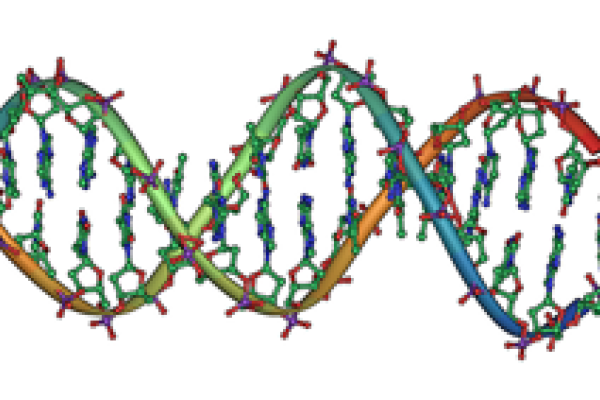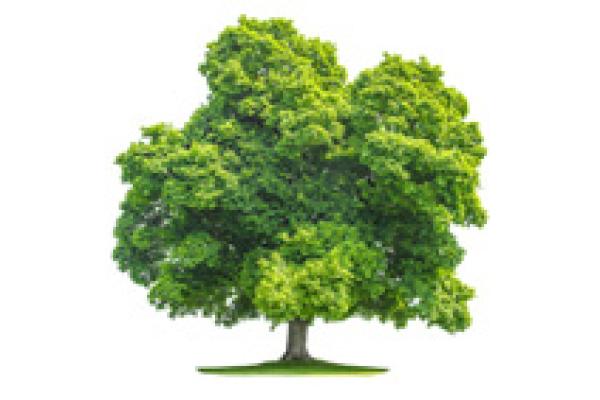Article


Genetics: Nature's digital code
Is nature using digital tools to deal with genetic information?



Further variations arise by considering other species with other mechanisms for genetic selection. For example, if a species propagates by cloning, that is, making exact genetic copies, then all relations have identical genetic material, and hence a relatedness coefficient of one.